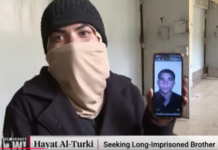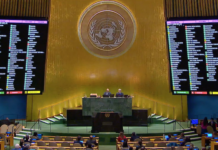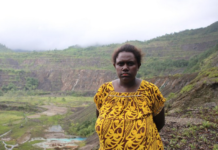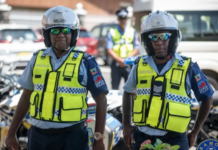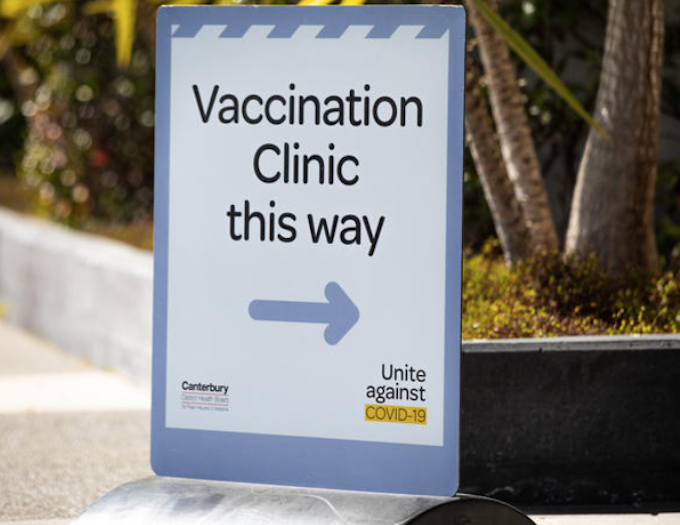
By Rowan Quinn, RNZ health correspondent
The calls for New Zealanders to get vaccinated are becoming more urgent by the day as covid-19 embeds itself in the community.
Two people have now died in the latest outbreak, the number of daily cases remains in the double figures and the virus continues to spread outside Auckland.
The government has announced a nationwide immunisation push for October 16 — dubbed Super Saturday — but one of Auckland’s leading Māori vaccinators is questioning what it will achieve.
Te Whānau o Waipareira runs two mass vaccination centres, and has given tens of thousands of Aucklanders their Pfizer shots.
Chief executive John Tamihere said the first he heard of Super Saturday was when Covid-19 Response Minister Chris Hipkins announced it at a media conference, saying it would be like election day, with clinics open all day and into the night
Tamihere said that would not cut it when it came to getting vaccine stragglers.
“They won’t necessarily turn up, the ones they are endeavouring to target. We have to go out into the streets and take each suburb street by street and to do that you’ve got to know where you’re sending and deploying your resources,” Tamihere said.
More resources rather than big show
“We would probably put a lot more resource into that campaign as opposed to big show days.”
The Ministry of Health today reported 29 new cases of covid-19 in the community, including five in Waikato.
Speaking at today’s government briefing, Director of Public Health Dr Caroline McElnay said seven of the new cases in Auckland were yet to be linked to earlier cases, all of the Waikato cases were linked.
Yesterday, the death of a 57-year-old man from covid-19 was reported, along with 39 new cases in the community. Nine of those were in Waikato.
There have now been 22 cases in Waikato in the current outbreak.
One previous community case has been reclassified as under investigation, bringing the total cases in the outbreak to 1448.
There were also two cases detected in MIQ reported today.
7000 receive drive-through dose
But the recent six-day vaccination event at Vodafone Events Centre is being hailed a success after 7000 people received a drive-through dose.
Among them, many church members of the Assemblies of God Church of Sāmoa who know first-hand the harsh reality of the virus.
A father of seven who lost his battle with covid yesterday was a deacon at the church, and his wife is also in hospital with the disease.
Church spokesperson Jerome Mika said the community was grieving.
He said many members had been vaccinated at the drive-through event in the past few days which was a success due to the many community groups that had supported it.
“Community willingness to be able to just support and encourage their family members to come and get vaccinated.”
The experts agree.
Māori and Pacific leaders a must
Victoria University of Wellington immunologist Diane Sika-Paotonu said to be effective, any vaccination campaign must include Māori and Pacific leaders.
“They’re not just being called in right at the end to help make things work but rather they’re involved right from the outset at the design stage of any activities, events and interventions that are being planned.”
But one group argues they need the right information for that model to work.
Tamihere also heads the North Island’s Whānau Ora Commissioning Agency.
It is taking the Ministry of Health to court for refusing to hand over health data for all Māori that he said was vital to closing the “dangerous gap” in the vaccination rates.
It sits at just over 57 percent for a first dose compared with 81 percent of Pākehā.
“Tai Tokerau is way behind, the Bay of Plenty is way behind. These are Māori communities. It’s not that they’re stupid and dumb, it’s that they’re poorer and their priorities are different and it takes time to reach them.”
The Ministry of Health said it could not share the data because many of the people were not enrolled with Whānau Ora so officials were not authorised to hand it over.
The ministry will release information today on the most and least vaccinated suburbs in the country.
Yesterday 63,000 people were vaccinated as rates climb again after a month long dip.
This article is republished under a community partnership agreement with RNZ.


